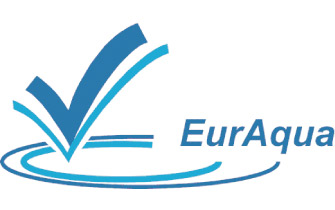Science - policy interface
Program co-leads:
Alan Gilmer (TU Dublin) and Johannes Cullmann (BfG)

©Syke
The Science-Policy working group in EurAqua seeks to bridge the gap between science and policy to support sustainable water management. This initiative integrates the EU consultation process which emphasizes a collaborative and multidisciplinary science-based policy platform to enhance water resilience.
The Science-Policy working group program seeks to address:
- The nature of Evidence-Based Policy: Providing scientific expertise to inform EU water policies (e.g., Water Framework Directive, Biodiversity Strategy, Green Deal, Zero Pollution Action Plan).
- Integrated Water Resource Management (IWRM): Promoting holistic approaches to freshwater conservation, including climate adaptation and pollution control.
- The Promotion of Sustainable Water Allocation & Nexus Governance: Including transboundary water-sharing frameworks and nexus approaches (water-energy-food-ecosystems) to prevent over-exploitation.
- Ecosystem Resilience: Advancing research on freshwater biodiversity, habitat restoration, and ecological status assessments.
- Emerging Challenges: Addressing new threats like chemical pollution control, PFAS, microplastics, pharmaceuticals, and climate change impacts on water systems and the promotion of circular water economies (e.g., resource recovery from wastewater).
- Stakeholder Collaboration: Facilitating knowledge exchange between scientists, policymakers, and practitioners for effective water governance.
- Novel approaches to water quality control: Including Nature-Based Solutions (NBS) and the mainstreaming and upscaling of NBS through policy incentives in regional/municipal planning to enhance climate resilience.
- Water-Climate Synergies for Net Zero: Highlight water management’s role in reducing emissions (e.g., via wetlands restoration, sustainable agriculture).
- Monitoring & Innovation: Supporting advanced monitoring tools, data harmonization, and digital solutions (e.g., AI, remote sensing) for water management.
Cross-Cutting Themes:
- Policy Coherence: Embed water resilience across all EU policies (e.g., agriculture, energy).
- Equity & Inclusion: Ensure water access and benefits for ecosystems and vulnerable communities.
